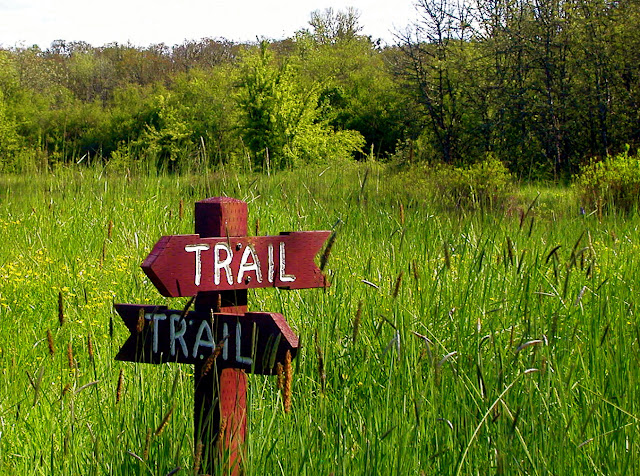 |
| image via freeimages |
About 5 weeks ago, we left our adopted home of New Caledonia to return to our native Australia. What has happened since has been at various times chaotic, exhausting, fraught, educational and a little lonely.
This isn't to say that seeing family and friends again hasn't been great. Sure, moving in with parents when you have 2 small children and a bucketload of huge life decisions to make isn't a picnic, but we've made it through that chapter fairly intact and the scars are healing pretty well now, thankyou.
The difficulty hasn't just been deciding on jobs, travelling long distances, being often separated from our kids, finding a house, moving, finding schools....it's losing, and then missing, a lot of our reference points that had become second nature and which we'd unwittingly become reliant on and even unconsciously looking forward to.
I'm talking about boring familiarity of workplace, school routines, seeing friends, going through the domestic family motions of life. Of knowing that just about every day I could guarantee running into at least one, if not several familiar, friendly faces throughout my travels to go shopping or taking Jack to kini. Of knowing that I would be wearing either thongs or sandals everyday because the weather is reliably warm. Of knowing that many of my friends were pretty much living my life and I theirs because we're all there for the same reason and facing similar challenges.
But then you leave and there's no gradual transition. It was there. And now it's not. Now it's completely different.
Hit reset, begin again.
And gosh, we miss our NC friends. A lot.
So we've found a job, a house, a fridge, our winter clothes and today, a school. At just about every topic we debated, thumb-wrestled, argued, despaired, rallied and finally decided (note agreement not always present. Relentment often is).
The fear of making a wrong decision or being forced into a decision we didn't want to make has been a strong emotion lately.
But then we remember that unlike tattoos, not all decisions have to be permanent. We have the power to make new ones, better ones, different ones. Our New Caledonia experience taught us that. It's given us the power. We do feel grateful about that and we talk about it.
So we're slowly building a new life while reflecting often on the old. Comparing and contrasting the new with the old. Wondering when we'll get back. If this life can replace that.
We couldn't really visualise our future when we left New Caledonia. It was a jump into the abyss, hoping we would land on our feet. Despite things sometimes still feeling shaky, we probably have. We're making the decisions, finding new routine.
But New Caledonia is still to fresh in my mind I think of it everyday. I wonder when the memories will fade. Hopefully not for a long, long time.































